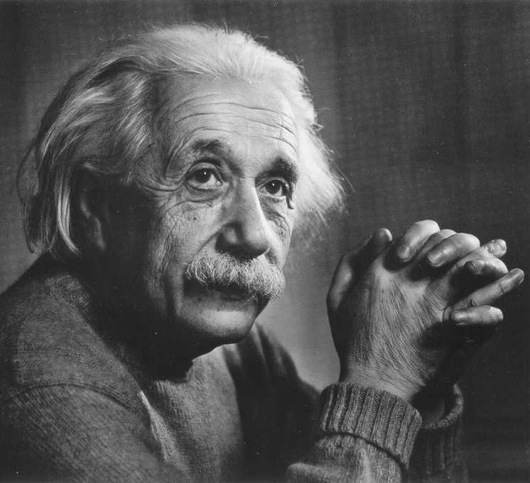What is the big news in our nation this Christmas season? Unexpected reconciliation? Epidemic contentment? Record acts of incredible kindness? Few of these are reaching the headlines. Instead our media is focusing attention on the Iraqi body count, bloodshed in the Middle East, the report of the 911 Commission, creation of the National Counter-Terrorism Center and appointment of a new cabinet-level National Intelligence Director. Little on the front pages, be they web or newspaper, would suggest this is a season of peace on earth and good will toward women and men.
Shopping malls and big box stores are bustling as usual, but signs of apprehension are close to home. Have you traveled by airline recently? What more personal reminder of our official preoccupation than to watch elderly ladies and children being patted down as potential terrorists by agents of the Transportation Safety Administration. Most of us have a friend or relative who has been called up to serve in the Armed Forces. The perception of needed military personnel is so great that even Mark Byler, an American national guardsman, received his orders to leave the 100-bed mission hospital in Zimbabwe, Africa, where he is the only physician and serve a tour of duty in Iraq.
Certainly it is our obligation as parents and citizens to protect our people from harm, and few threats could be more alarming than that of a terrorist assault. Our government has repeatedly asserted that where diplomacy fails, force is required. George W. Bush made this position clear in 1999, before his presidency: “In the defense of our nation, a president must be a clear-eyed realist. There are limits to the smiles and scowls of diplomacy. Armies and missiles are not stopped by stiff notes of condemnation. They are held in check by strength and purpose and the promise of swift punishment.”
But honestly, to what degree can we actually protect ourselves? Can we truly control our borders? Can we reasonably identify the terrorists among us? Can we actually “win” the war on terror? Such ponderings are not new. Albert Einstein realized that preparation for war, whether nuclear or conventional, is also a self-fulfilling prophecy. He observed, “You cannot simultaneously prevent and prepare for war,” and “The unleashed power of the atom has changed everything, save our modes of thinking, and we thus drift toward unparalleled catastrophe.”
The greatest adverse effect of our “war on terror” is the cultivation of anti-American sentiment around the world. Jimmy Carter observed this truth long before 911: “War may sometimes be a necessary evil. But no matter how necessary, it is always an evil, never a good. We will not learn how to live together in peace by killing each others children.” Mahatma Gandhi, writing in the midst of Great Britain’s oppression of the Indian people, similarly noted, “What difference does it make to the dead, the orphans and the homeless, whether the mad destruction is wrought under the name of totalitarianism or the holy name of liberty or democracy?”
In absolute terms, the war on terror can never be won. Why? Because in the end this is not a battle against nations or organizations. Rather, this is a struggle with innate characteristics of human nature. Terrorism is simply hatred and vengeance in their most overt forms. While our officers and troops may put a stop to an act of terror, they can do little to curb the disposition of human nature that cultivate such crimes.
The war on terror can only be won through transformation of people’s hearts, one at a time. To this end, one may practice Yoga, read Chicken Soup for the Soul, or serve with the Peace Corps. But ultimately graduates of self-improvement programs continue to struggle with the dark side of human nature.
The Message of Christmas is that God entered the human sphere to transform men and women. While governments scramble to curb terrorist acts, Jesus declares, “I have come to save those who are lost” (Matt 18:11). While individuals search for greater security, Jesus reassures, “Come to me, all who are weary and heavy-laden, and I will give you rest” (Matthew 11:28).
It is for this “season of terror” that the message of the Prince of Peace is so imperative. Yet Christmas is made to appear underrated. People speak in terms of Season’s Greetings, Frosty the Snowman and Santa Claus, instead of the humble birth of the world’s Savior. Yet without this Savior there exists no hope for Peace on Earth.
I urge you to make this Christmas different than any proceeding one. Read the account of the First Noel. Turn in a Bible to the book of Matthew, chapter one, verse 18. The description of Jesus’ birth is compelling. But don’t stop here. Read on about Jesus’ Temptation, the Sermon on the Mount, and the Cure for Anxiety described in chapter six. As you read this historical account please evaluate in whom you are placing your trust this Christmas. In our national intelligence and Special Forces, or in the Prince of Peace?

